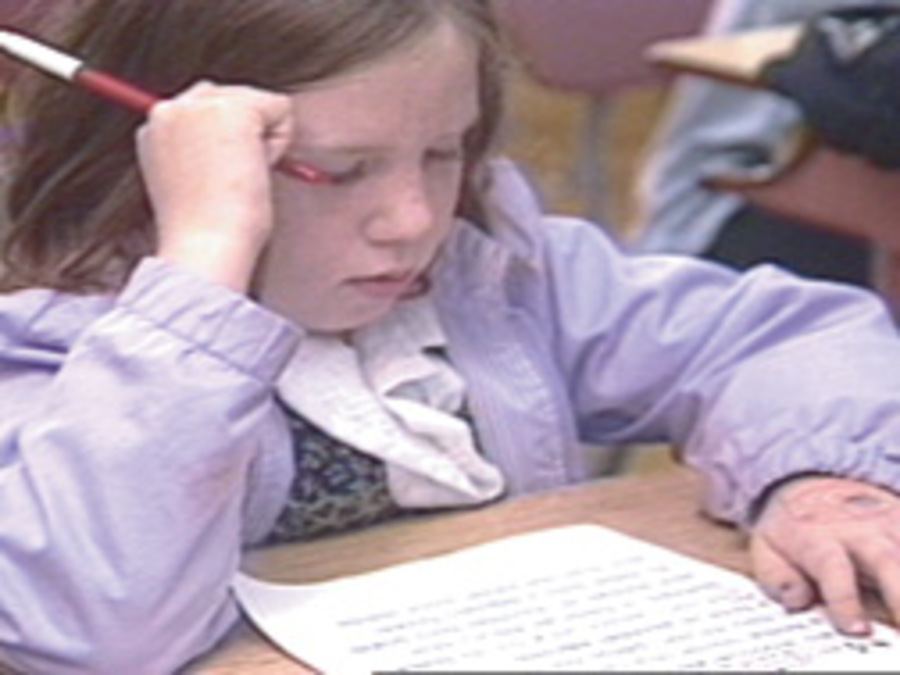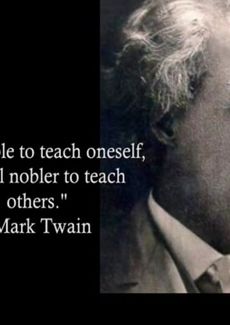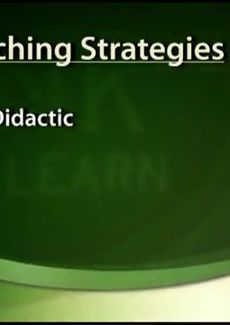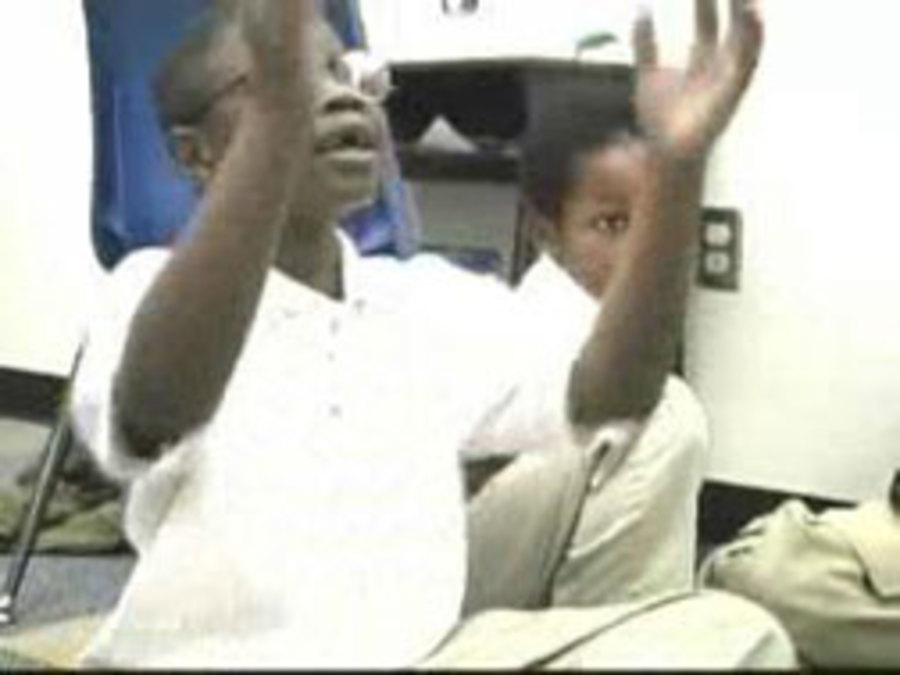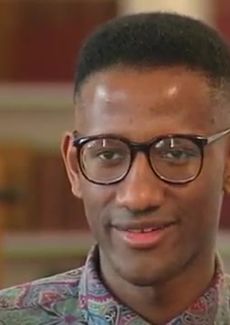 Try these videos to get started. Must be on campus or login with your COM account for off campus access.
Try these videos to get started. Must be on campus or login with your COM account for off campus access.
Want more on finding media? Try Articles & Media.
-
Cognitive Coaching : A Process for Teaching and Learning (43:25)
This program describes and demonstrates specific examples of instructional conversation and other types of cognitive coaching; identifies instructional arrangements that are used to promote active learning by students; models questioning techniques and student interactions, including the ways in which cognitive coaches keep student discussion focused and productive; and considers the role that authentic and ongoing assessment plays in cognitive coaching. Good teaching, like good coaching, depends on instructional conversations in which the participants exchange ideas, build motivation, and develop strategies for improvement. The program shows how teachers can encourage students to employ strategies for success by providing cognitive coaching or "active teaching": by communicating with their students, focusing on development, motivating their students, and sharing in their students’ performance.
-
Fostering Resilient Learners : Strategies for Creating a Trauma-Sensitive Classroom (54:10)
Based on the best-selling book Fostering Resilient Learners, this video explores the effects of childhood trauma on learning and teaching and ways that educators can manage these effects.
Fostering Resilient Learners ASCD Video:
You'll see Souers and Hall presenting to real teachers and administrators at an ASCD-sponsored conference in Salem, Oregon. Drawing on their experiences as a mental health therapist and veteran principal working with trauma-affected students and their teachers, they offer valuable insight on cultivating a trauma-sensitive learning environment.
They provide strategies for:
Understanding what trauma is and how it impedes student learning.
Building strong relationships and creating a safe classroom environment that supports high level learning.
Adopting a strengths-based approach that changes your perception of negative student behaviors and shows you what they need to break negative cycles.
Heading off frustration and burnout with essential self-care techniques that will help you and your students thrive.
In Fostering Resilient Learners, Souers and Hall present the solutions you need for dealing with the impact of trauma in classroom and allowing students to learn at high levels.
-
Great Minds on Teaching and Learning (4:18)
Inspiring quotes from some of history's greatest minds set to dramatic music and coupled with classic footage. Let the likes of Ralph Waldo Emerson, Mark Twain, Albert Einstein, and Helen Keller inspire you, motivate you and teach you through their own words, pictures, and video.
A great way to start any meeting or training session, the Great Minds will put your group in the right frame of mind for success.
This video contains quotes from Nelson Mandela, Mark Twain, Dr. Martin Luther King, Jr., Ralph Waldo Emerson, Helen Keller, Albert Einstein, Benjamin Franklin, Franklin Roosevelt, (Educ. Version), John F. Kennedy (Educ. Version), Malcolm Forbes, Robert Bulwer-Lytton Mark Twain & Abraham Lincoln.
-
Learning to Think. . . Thinking to Learn : The Pathway to Achievement (1:48:06)
Getting to the root cause of poor achievement eventually means addressing how your students acquire information, critically evaluate it, and handle it in abstract problems—in short, how they think. If you've ever wondered whether it was possible to explicitly teach students to think more effectively and whether schools could actually do so, here is a professional development video program that shows you and your colleagues how to use research-based strategies to teach students the thinking skills they need to succeed on school assignments, standardized tests, and beyond.Using the DVD and User Guide—with activities designed for large-group workshops, small study groups, and individual study—you can introduce your school to step-by-step ways to teach three major types of thinking skills: information processing skills, critical thinking skills, and complex thinking strategies. Lessons from classrooms in elementary, middle, and high schools show what teachers do in the major phases of teaching a thinking skill or strategy.
-
Teaching Lessons and Learning Lessons in the Special Ed Classroom (25:47)
This down-to-earth program shares the hard-won experiences of an award-winning special ed teacher. Speaking with an engaging mix of candor, earnestness, and passion, he explains how personal introspection, collaboration with other staff members, promoting trust, structuring the academic environment, instilling success, and developing teacher/student interdependence have transformed his classroom into a place where students thrive. Part success story, part how-to manual, the program is an excellent source of ideas and inspiration for teachers of all types of students.
-
What Students Want : Teaching From A Student's Perspective (24:00)
The Derek Bok Center for Teaching and Learning asked over forty undergraduates questions regarding what they find exciting and frustrating in the classroom, or how they believe they learn best to find out what student swant of the classroom experience.
![]() Try these videos to get started. Must be on campus or login with your COM account for off campus access.
Try these videos to get started. Must be on campus or login with your COM account for off campus access.